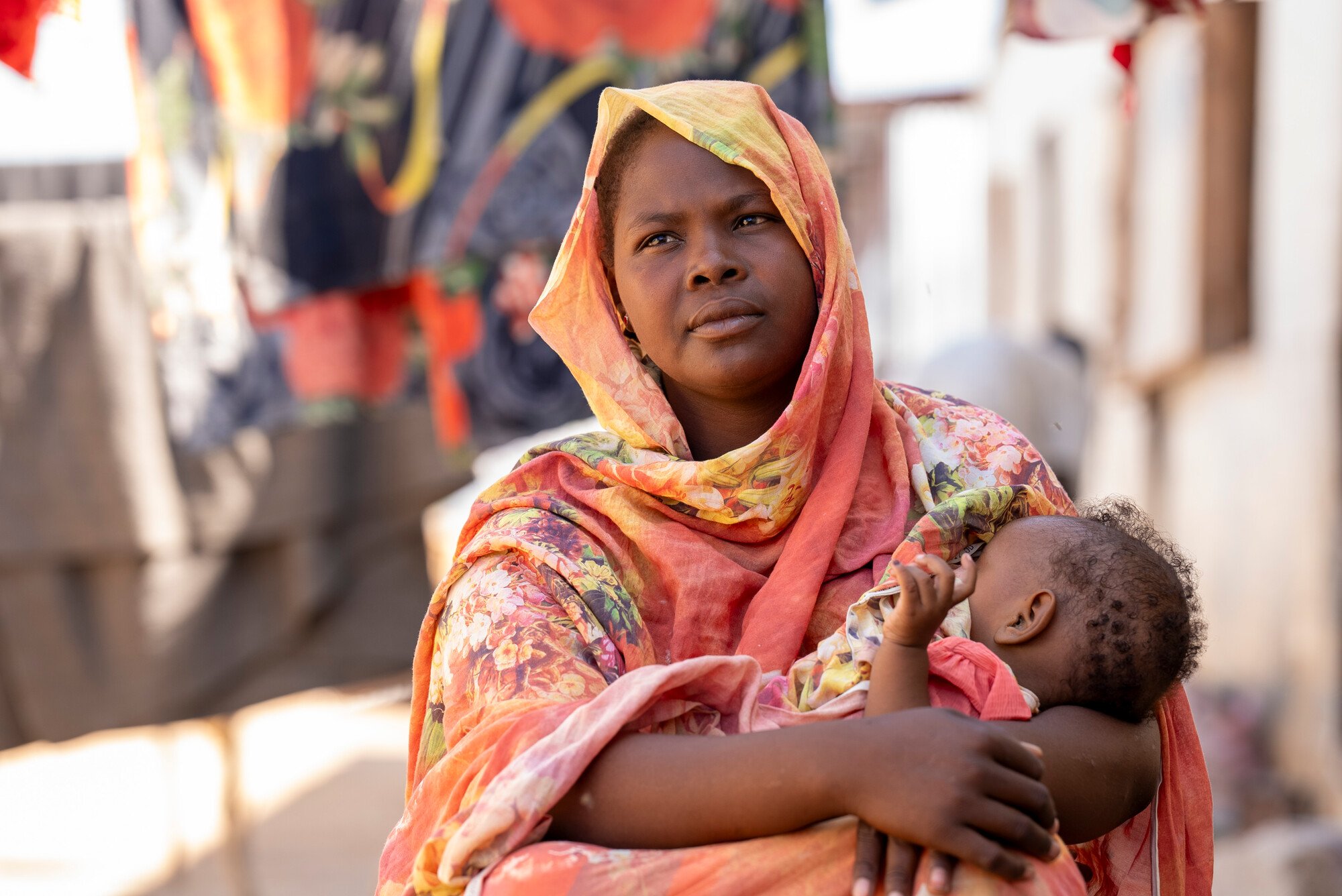Inside Oxfam America: our mission, history, brand language, beliefs and values.
Financial information: annual reports, disclosures, and legal documents.
Leadership: senior staff, thought leaders, board of directors, and leadership council.




Time is almost up to multiply your gift five times
Welcome to Oxfam America's press room, where you will find current and archived press releases, our general press kit, contact information for press officers, reports, videos, and more.
Inside Oxfam America: our mission, history, brand language, beliefs and values.
Financial information: annual reports, disclosures, and legal documents.
Leadership: senior staff, thought leaders, board of directors, and leadership council.
Lauren Hartnett
Manager of Media Relations, Humanitarian
New York, NY
Email: [email protected]
Karelia Pallan
Media Officer
Washington, DC
Email: [email protected]
Shelby Bolen
Media Officer
Washington, DC
Email: [email protected]
Kateryne Velazco
Coordinator
Washington, DC
Email: [email protected]
Elizabeth Bibi
Director of Media Relations
New York, NY
Email: [email protected]
Hanna Nussair
Media Officer
Washington, DC
Email: [email protected]